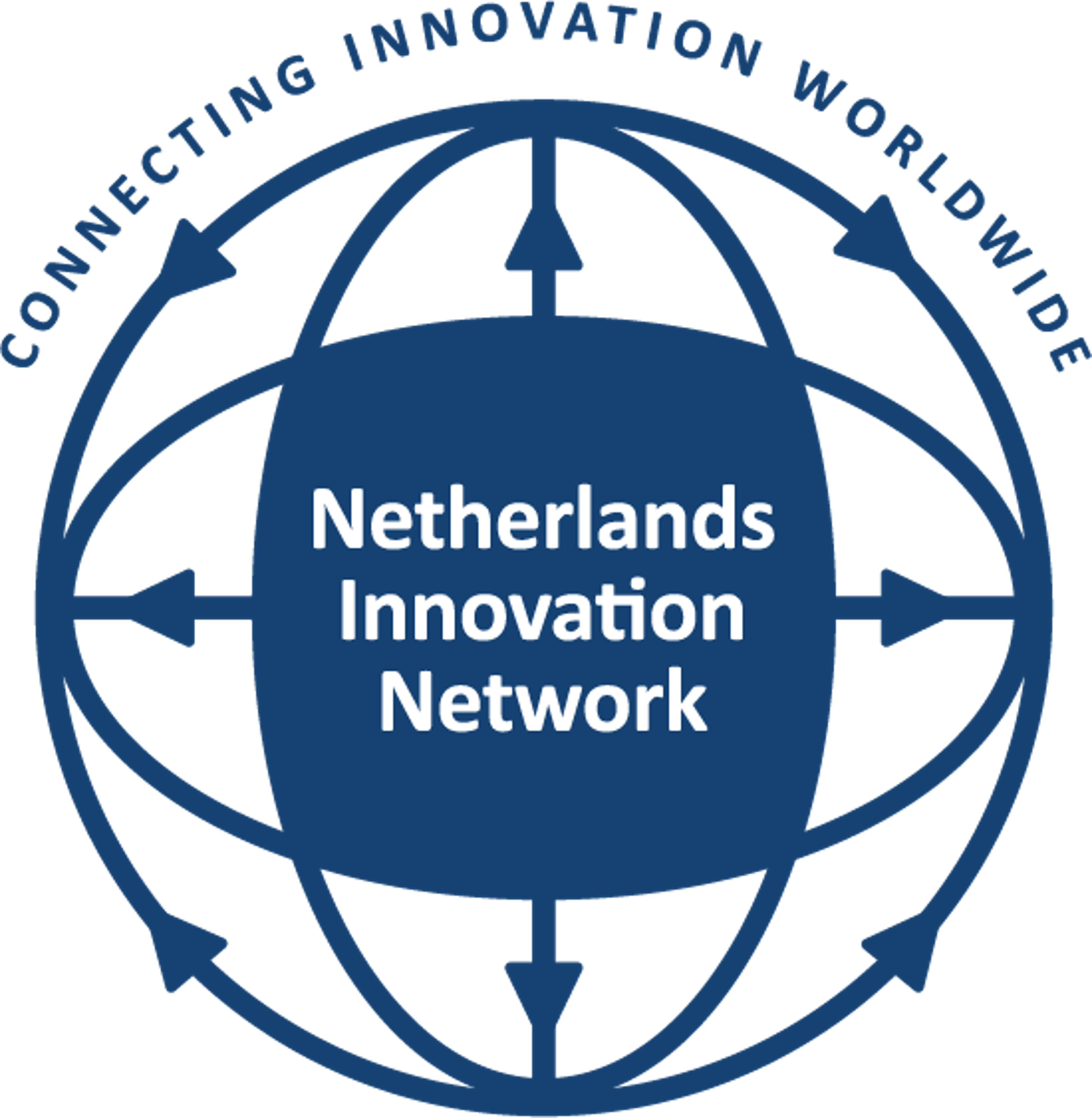Everything with a sensor can connect on-line. Data is produced around the clock, describing our whereabouts, behavior, and health. It is rapidly accumulating in the cloud. It can be used at the moment it is produced. It has become Big.
On February 10, at the Dutch Consulate-General in Shanghai, ca. 25 people participated in a Bioclouds seminar dedicated to big data. Three guest, i.e. Sammy Shen from the Wuxi National Sensing Information Center, Georgio Mosis from Philips, and Jaap van Etten of Datenna, shared their views on how their professional -and in some cases, private- lives are being shaped by big data.
Big data was mainly discussed from the angle of data properties and contents, and the (analytical) challenges that coincide with obtaining information from it. Big data itself largely appeared to be a hard-to-define concept. Many discussions related to the trade-off between privacy issues vs. interests in the public domain, including health.
Measuring correlations, or finding co-incidents, may currently be the most common application of big data. Results are used to predict future events. As such, correlations are often considered as causalities. Jaap van Etten strongly reminded the participants on this misconception. Distinguishing facts from fiction may also be a big data pitfall: generally, when ideas are shown as data-points, people will interpret these as facts. Especially for big data purposes, Jaap advocated targeted data collection and targeted questions.
At least 85% of the audience agreed. Or not?
Not a single country has finished and implemented regulatory standards for the collection, storage, and use for big data, and Sammy Shen was the first to admit this fact. He stressed, however, that it was of interest to the community to make big data as accessible as possible. Nevertheless, in China, Georgio Mosis stressed that Philips is dealing with the present-day reality, meaning that health data of any sort in China belongs to, and has to stay inside, China. To a large extent, big data in many countries, including China, is still far too localized and protected.
The impact of big data and health sensor devices is likely to go hand in hand. Philips exemplifies this, by measuring and integrating health-data across the globe, and allow 3rd parties to develop digital products via their healthcare information platform. It will enhance prevention of disease, treatment outcomes, and open new ways in health monitoring. In this new era, people have to become aware of the impact of this, enjoy the benefits, while taking ownership of the data, as well as the regulation for data collection, storage and use.

